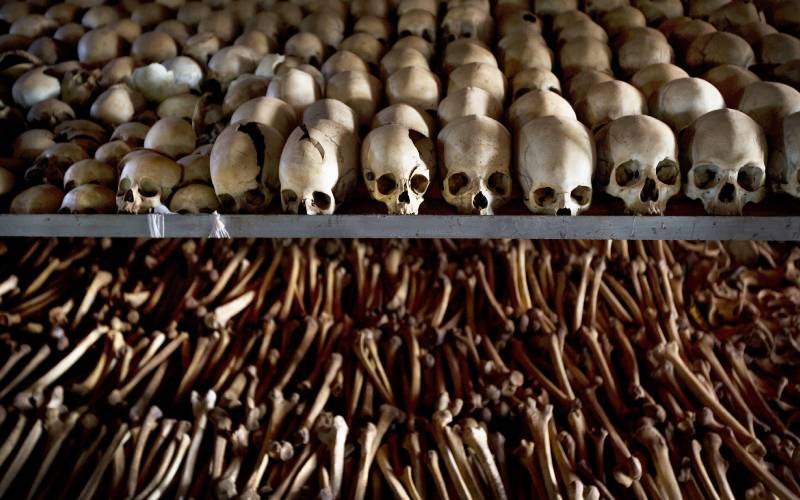×
The Standard e-Paper
Smart Minds Choose Us

This month Rwandans mark 25 years after one of the bloodiest genocides in history. [Courtesy]
This month Rwandans mark 25 years after one of the bloodiest genocides in history.